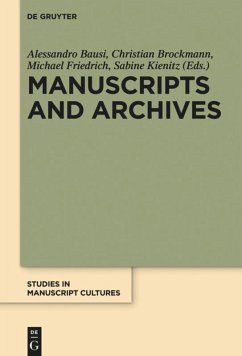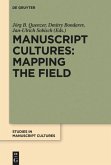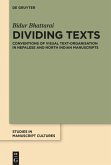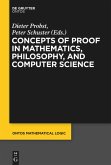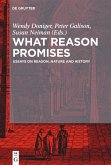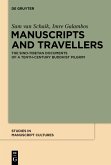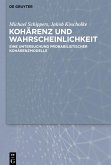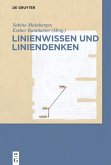Archives are considered to be collections of administrative, legal, commercial and other records or the actual place where they are located. They have become ubiquitous in the modern world, but emerged not much later than the invention of writing.
Following Foucault, who first used the word archive in a metaphorical sense as "the general system of the formation and transformation of statements" in his "Archaeology of Knowledge" (1969), postmodern theorists have tried to exploit the potential of this concept and initiated the "archival turn". In recent years, however, archives have attracted the attention of anthropologists and historians of different denominations regarding them as historical objects and "grounding" them again in real institutions.
The papers in this volume explore the complex topic of the archive in a historical, systematic and comparative context and view it in the broader context of manuscript cultures by addressing questions like how, bywhom and for which purpose were archival records produced, and if they differ from literary manuscripts regarding materials, formats, and producers (scribes).
Following Foucault, who first used the word archive in a metaphorical sense as "the general system of the formation and transformation of statements" in his "Archaeology of Knowledge" (1969), postmodern theorists have tried to exploit the potential of this concept and initiated the "archival turn". In recent years, however, archives have attracted the attention of anthropologists and historians of different denominations regarding them as historical objects and "grounding" them again in real institutions.
The papers in this volume explore the complex topic of the archive in a historical, systematic and comparative context and view it in the broader context of manuscript cultures by addressing questions like how, bywhom and for which purpose were archival records produced, and if they differ from literary manuscripts regarding materials, formats, and producers (scribes).

